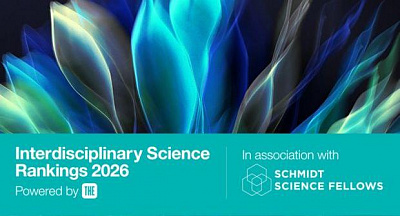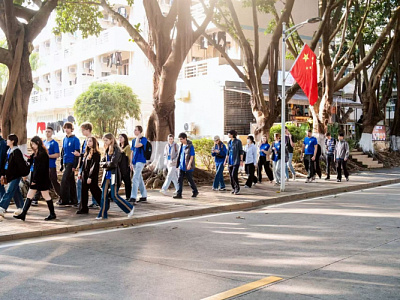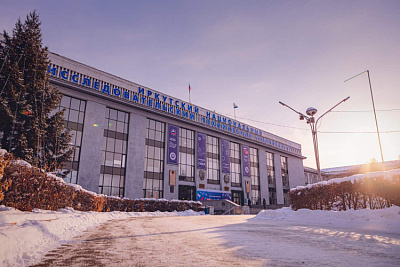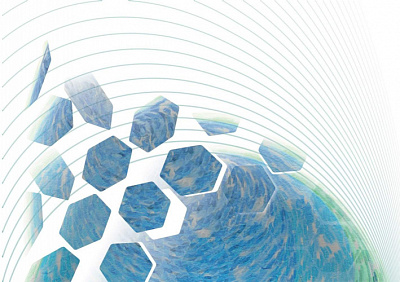INRTU Announces Results of National German Language Competition
School of Linguistics and Intercultural Communication announced the results of the National Competition in German language.
The competition was traditionally held in face-to-face and distance formats. 177 people from INRTU and universities of other Russian cities took part in the distance stage.
The winners were chosen among those who are beginning to study German and those who already know foreign language at a high level.
24 winners of the first round demonstrated their linguistic abilities in German in the second stage of the competition, which took place on April 30.
The competition was supervised by Natalia Mokrova and Alevtina Plisenko, associate professors of the School of Linguistics and Intercultural Communication.
Alevtina Plisenko informed that this year the competition was thematically connected with the Year of Family announced by the President of Russia. Therefore, the participants of the second round were offered oral and written tasks on the topics “My Family” and “My Idea of an Ideal Family”.

“The jury noted an especially creative approach to these tasks among the aspiring participants of the competition. Children spoke sincerely and touchingly about their families, about the joys and challenges of relationships with their parents. In addition, this competition is a great opportunity to draw attention to the German language, as every year in Russia there are fewer and fewer people who study this language,” explained Alevtina Plisenko.
The winners of the national competition in German language became the most honorable participants – Nikita Pinyagin, a 1st year student of the School of Power Engineering and Tatiana Fateeva, a student of the School of Economics, Management and Law. These students show great interest in German language.
Nikita has an excellent command of English, so when he entered the university, he decided to study German.

“I started studying German recently, but it is very pleasant to realize that it is already bringing some results. Undoubtedly, I will continue studying the language and I would like to take part in the competition next year to evaluate my progress over the year,” shared Nikita.
Tatiana Fateeva also expressed her thoughts about the competition and the German language:

“I love German language a lot. I participated in the language competition for the first time, so I didn't even hope for the third place. When I found out that I took the second place, I cried with joy that my first experience had brought only positive results. I thank my German language teacher Alevtina Plisenko, who believed in my knowledge and advised me to take part in this competition. I will gladly take part in such event again”.
Sidenov Amgalan, a 2nd year student of the School of High Technologies, who took first place in the continuing category, had already participated in such competition in 2023. Then he took the second place. He commented on his results and impressions:
“I already took part in the competition last year. This year the tasks were not simple: we were offered to write an essay on the topic “An ideal family: what are the relations between family members?”, and in the oral part we had to express our opinion on one of the quotes related to the family.
In my life I had an experience of communication with native speakers of German when I took part in the program of exchange of students between CIS countries and Germany. The program lasted for 3 months, it was a valuable experience for me, and I understood a lot of things there: the logic of the German language, mentality and relations between Germans, their everyday life. But it is not enough, because you also need constant practice of speaking German, which I haven't had for the last two years, I lost my fluency. So I would like to give advice to those who are beginning to learn the language not to neglect practice and actively expand their vocabulary.
I thank the School of Linguistics and Intercultural Communication for organizing this event and the opportunity to show my knowledge of the German language”.



